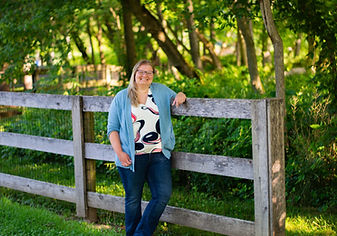
Early childhood mental health focuses on supporting the emotional, social, and behavioral well-being of children from birth through age eight. During these early years, children are developing the ability to form secure relationships, manage emotions, and explore their world with confidence. When challenges arise—such as difficulty regulating emotions, frequent tantrums, sleep or eating issues, separation anxiety, or trouble adjusting to change—therapy can provide essential support.
Early intervention helps children learn healthy coping skills, strengthens parent–child relationships, and prevents difficulties from becoming more serious over time. Seeking mental health therapy for a young child isn’t a sign that something is “wrong,” but rather a proactive step toward helping them grow, connect, and thrive.
Adolescence is a time of rapid change—physically, emotionally, and socially. Tweens and teens are developing their identities, navigating friendships, handling academic and social pressures, and learning to manage more complex emotions. Sometimes, these changes can feel overwhelming and may show up as mood swings, withdrawal, irritability, changes in sleep or appetite, declining grades, or loss of interest in activities they once enjoyed.
Therapy provides a safe, judgment-free space for young people to express themselves, build emotional awareness, and develop healthy coping strategies. It can help with challenges such as anxiety, depression, identity exploration, stress, grief, and family or peer conflict. Seeking therapy during these years empowers tweens and teens to better understand themselves, build resilience, and create a stronger foundation for mental well-being into adulthood.













